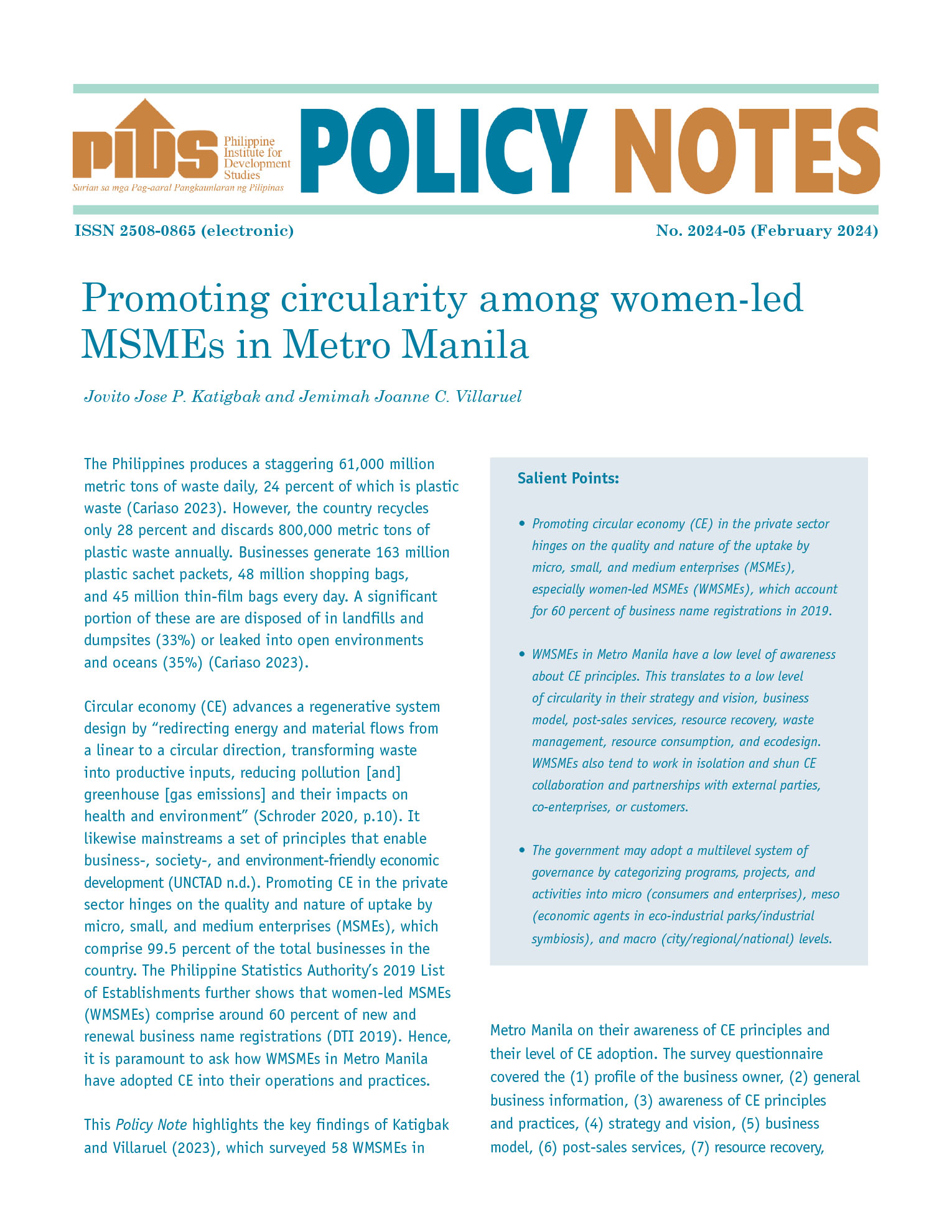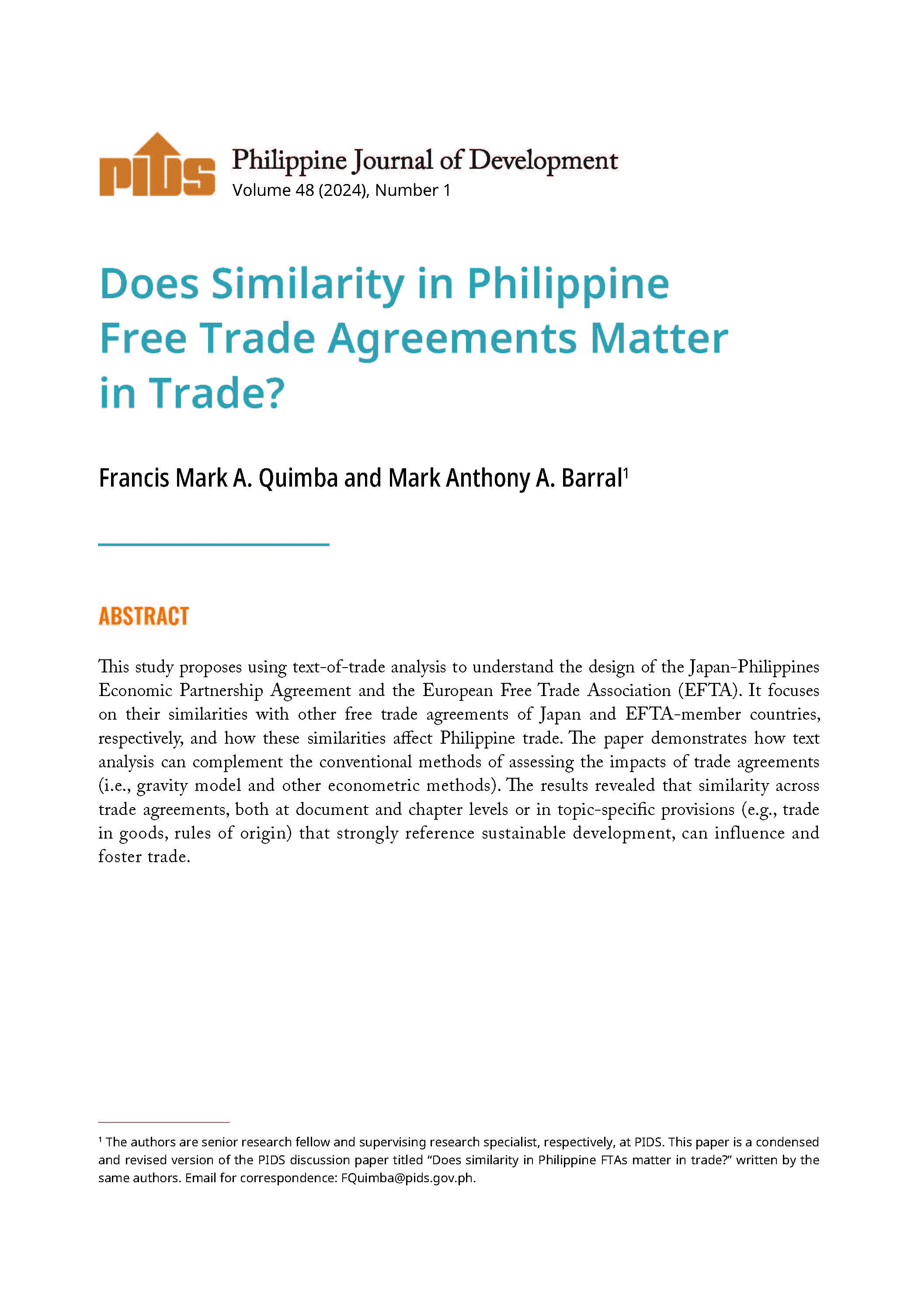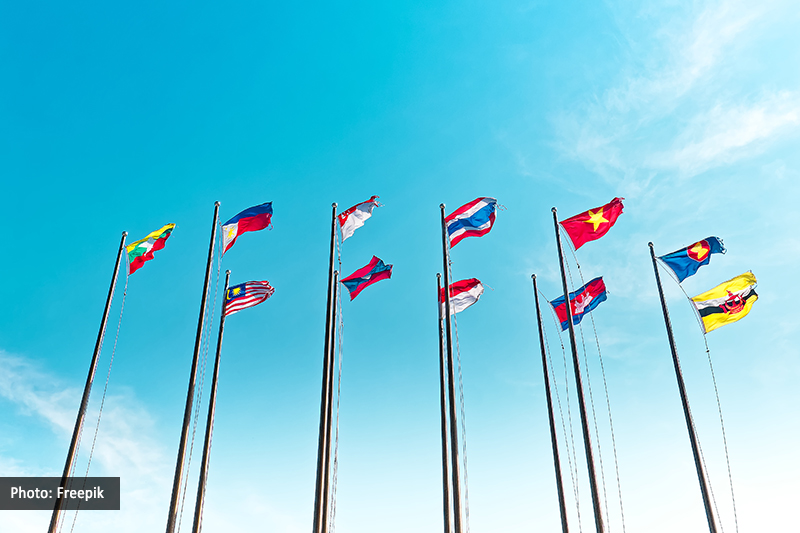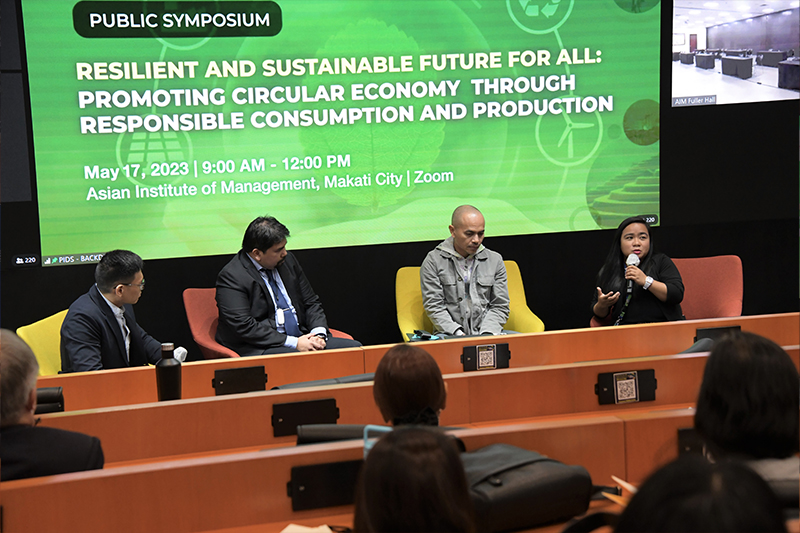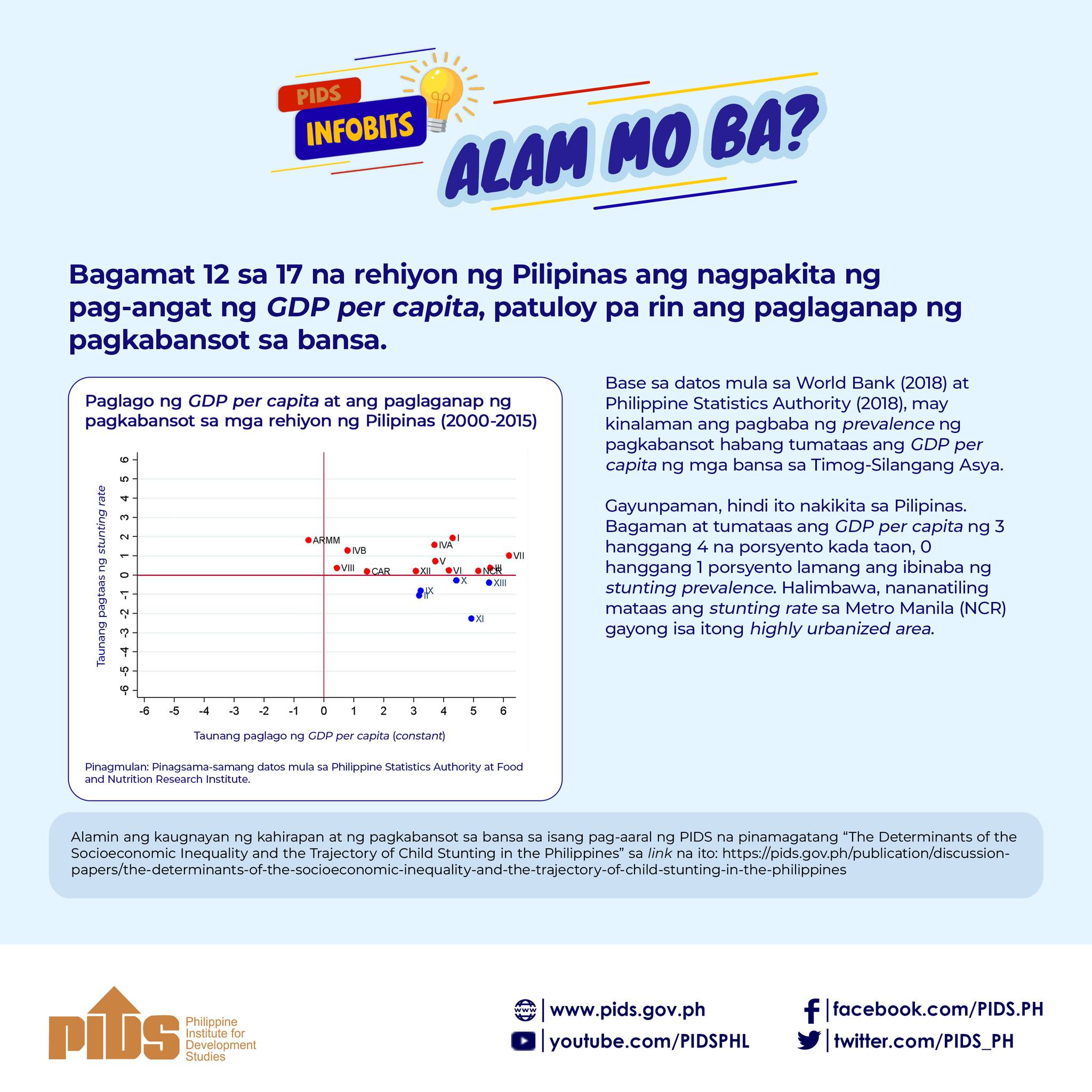The nation’s participation in the Regional Comprehensive Economic Partnership (RCEP) agreement would result in a 2.02-percent increase in its real gross domestic product (GDP). Should the Philippines opt out, there would be a decline of about 0.26 percent, according to a recent study of state think tank Philippine Institute for Development Studies (PIDS).
The study assessed the country’s trade performance and participation in the RCEP and analyzed different scenarios related to the agreement.
Signed in November 2020, RCEP aims to “further liberalize trade in goods and services while enhancing competition policy, intellectual property rights, investment, technical cooperation, government procurement, and others.”
It is also viewed as “a strong commitment to supporting economic recovery, inclusive development, job creation, and strengthening regional supply chains, as well as support for an open, inclusive, rules-based trade and investment arrangement.”
Development catalyst
According to the authors, RCEP “can be a catalyst for economic development.” However, the Philippines should improve its trade openness, sectoral orientation and complementarity.
For instance, it scored below 100 percent in trade openness in 2018 along with Indonesia and China. This showed that the country “has not followed a growth path similar to its neighbors in the region,” particularly Thailand and Viet Nam, that scored above 100 percent.
Amid contentions from various agricultural groups of the looming ratification of RCEP, meanwhile, the Pilipino Banana Growers and Exporters Association Inc. (PBGEA) alienated from contradictions, saying that RCEP will ensure the sustainability of the local banana industry.
In a statement, PBDEA executive director Stephen Antig said the economic sustainability of the banana industry, on which the lives of more than 520,000 families depend, is today threatened by the unprecedented increase in prices of imported key inputs like fertilizers by 100 percent, kraft paper used for boxes by 53 percent, plastics by 65 percent, and maritime freight by more than 100 percent due to global shortage of containers and movement in fuel prices.
“Studies showed that with RCEP, the Philippines along with Vietnam, a major competitor in supplying the foreign markets with fresh banana and other tropical fruits, would be winners because of the decline in trade costs. We cannot afford to miss out on this opportunity of being a part of the world’s most important regional economic bloc,” Antig stressed.


